Intro
Recover smoothly with 7 tips post appendectomy, including wound care, diet, and exercise. Learn appendectomy recovery, post-operative care, and minimize complications for a speedy healing process.
Recovering from an appendectomy, which is the surgical removal of the appendix, requires careful attention to your body's needs and limitations. The appendix is a small, tube-like structure attached to the large intestine, and its removal is often necessary due to appendicitis, an inflammation of the appendix that can cause severe abdominal pain, nausea, and fever. Understanding the importance of post-operative care can significantly impact your recovery process, making it smoother and reducing the risk of complications. As you navigate this period, it's essential to follow specific guidelines to ensure your body heals properly and that you regain your strength and mobility.
The recovery process after an appendectomy involves several key components, including pain management, dietary adjustments, wound care, and physical activity limitations. Each of these aspects plays a crucial role in your overall recovery and return to normal activities. By adhering to your healthcare provider's instructions and taking proactive steps in your care, you can minimize potential issues and focus on regaining your health. Whether you've undergone an open appendectomy or a laparoscopic appendectomy, the principles of recovery remain similar, with the main difference often being the length of the hospital stay and the size of the incision.
As you begin your journey to recovery, it's vital to understand that everyone's experience is unique, and the pace of recovery can vary from person to person. Factors such as the type of surgery, overall health, and the presence of any complications can influence how quickly you bounce back. However, with the right mindset, support, and adherence to medical advice, most people can expect to make a full recovery and return to their normal activities within a few weeks. The road to recovery is not just about physical healing but also about mental well-being, making it essential to address any emotional or psychological challenges that may arise during this time.
Understanding the Appendectomy Recovery Process
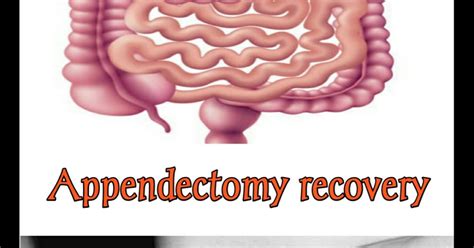
Key Components of Recovery
The recovery from an appendectomy can be broken down into several key components, each playing a vital role in the healing process. These include: - **Pain Management:** Effective pain control is crucial for comfort and to prevent complications. Medications are typically prescribed to manage pain, and it's essential to follow the prescribed regimen. - **Dietary Adjustments:** Starting with a liquid diet and gradually introducing solid foods helps the digestive system recover. It's also important to stay hydrated by drinking plenty of fluids. - **Wound Care:** Proper care of the surgical site is vital to prevent infection. This includes keeping the area clean, changing dressings as directed, and watching for signs of infection such as redness, swelling, or increased pain. - **Physical Activity:** Gradually increasing physical activity helps in regaining strength and mobility. However, it's crucial to avoid heavy lifting, bending, or strenuous activities as advised by your healthcare provider.Managing Pain and Discomfort
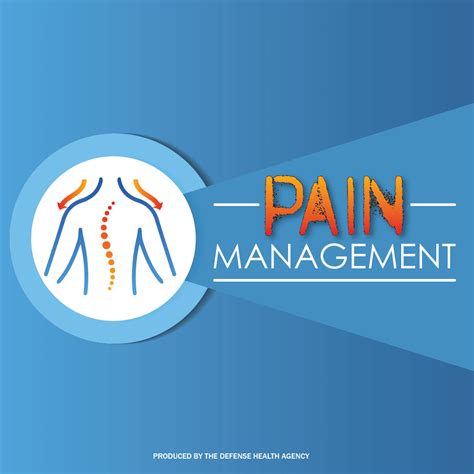
Techniques for Pain Relief
Several techniques can be employed to help manage pain and discomfort after an appendectomy, including: - **Medication Adherence:** Taking pain medications as prescribed is crucial for effective pain management. - **Rest:** Getting plenty of rest allows the body to heal and can help reduce pain. - **Heat or Cold Application:** Applying heat or cold packs to the surgical site can help alleviate pain and reduce discomfort. - **Breathing Techniques:** Deep breathing exercises can help relax the body and reduce pain perception.Nutrition and Hydration
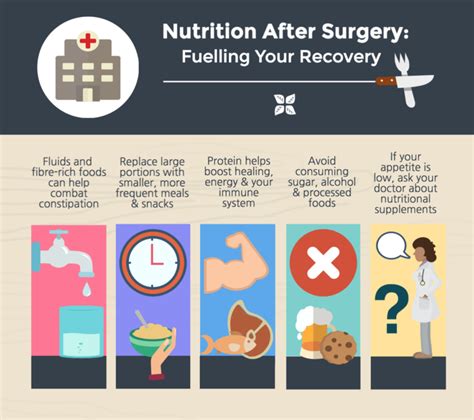
Dietary Recommendations
Dietary recommendations after an appendectomy include: - **Gradual Introduction of Foods:** Starting with a liquid diet and gradually introducing solid foods helps the digestive system recover. - **High-Fiber Foods:** Incorporating high-fiber foods can help prevent constipation. - **Avoiding Heavy Meals:** Eating smaller, more frequent meals can help manage discomfort and prevent straining during bowel movements. - **Staying Hydrated:** Drinking plenty of water and other fluids is essential for preventing dehydration and supporting the healing process.Wound Care and Monitoring for Infection

Signs of Infection
Being aware of the signs of infection is crucial for early detection and treatment. These include: - **Increased Redness or Swelling:** Around the wound site. - **Warmth:** The area around the wound feels warmer than the surrounding skin. - **Pus or Discharge:** Presence of pus or discharge from the wound. - **Fever:** An elevated body temperature. - **Increased Pain:** Worsening pain at the surgical site.Returning to Normal Activities
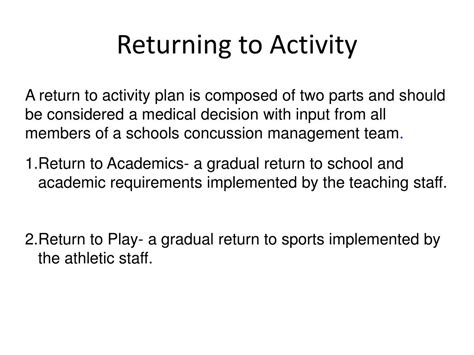
Guidelines for Resuming Activities
When resuming normal activities, consider the following guidelines: - **Follow Healthcare Provider Advice:** Your healthcare provider will give specific guidance on when to resume certain activities. - **Start Slowly:** Begin with light activities and gradually increase intensity and duration. - **Listen to Your Body:** If you experience pain or discomfort, stop the activity and rest. - **Avoid Heavy Lifting or Bending:** For a period as advised by your healthcare provider to prevent straining the surgical site.Emotional and Psychological Recovery
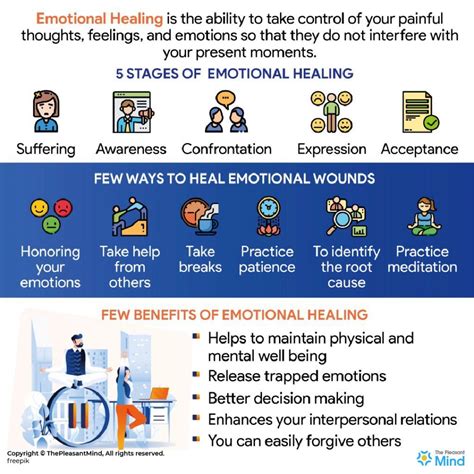
Coping Mechanisms
Several coping mechanisms can help with emotional and psychological recovery, including: - **Support Networks:** Connecting with family, friends, and support groups. - **Professional Help:** Seeking help from mental health professionals if needed. - **Self-Care:** Engaging in activities that promote relaxation and well-being, such as meditation, reading, or listening to music. - **Open Communication:** Keeping open lines of communication with your healthcare provider about your emotional and psychological state.Conclusion and Next Steps

We invite you to share your experiences, ask questions, or offer advice in the comments below. Your input can provide valuable insights and support to others going through a similar recovery process. Additionally, if you found this article informative and helpful, please consider sharing it with others who may benefit from this information.
What are the common complications after an appendectomy?
+Common complications can include infection, bleeding, and bowel obstruction. It's essential to follow post-operative instructions carefully to minimize these risks.
How long does it take to recover from an appendectomy?
+Recovery time can vary but typically ranges from a few weeks for laparoscopic surgery to several weeks for open surgery. Full recovery and return to normal activities can take a few months.
What dietary restrictions should I follow after an appendectomy?
+Initially, a liquid diet is recommended, progressing to solid foods as advised by your healthcare provider. It's also important to avoid heavy meals and stay hydrated.
Can I resume physical activities immediately after an appendectomy?
+No, it's advised to gradually return to physical activities under the guidance of your healthcare provider to prevent complications and ensure proper healing.
How can I manage pain effectively after an appendectomy?
+Follow your prescribed pain medication regimen, and consider additional techniques such as deep breathing, relaxation, and applying heat or cold to the affected area.
